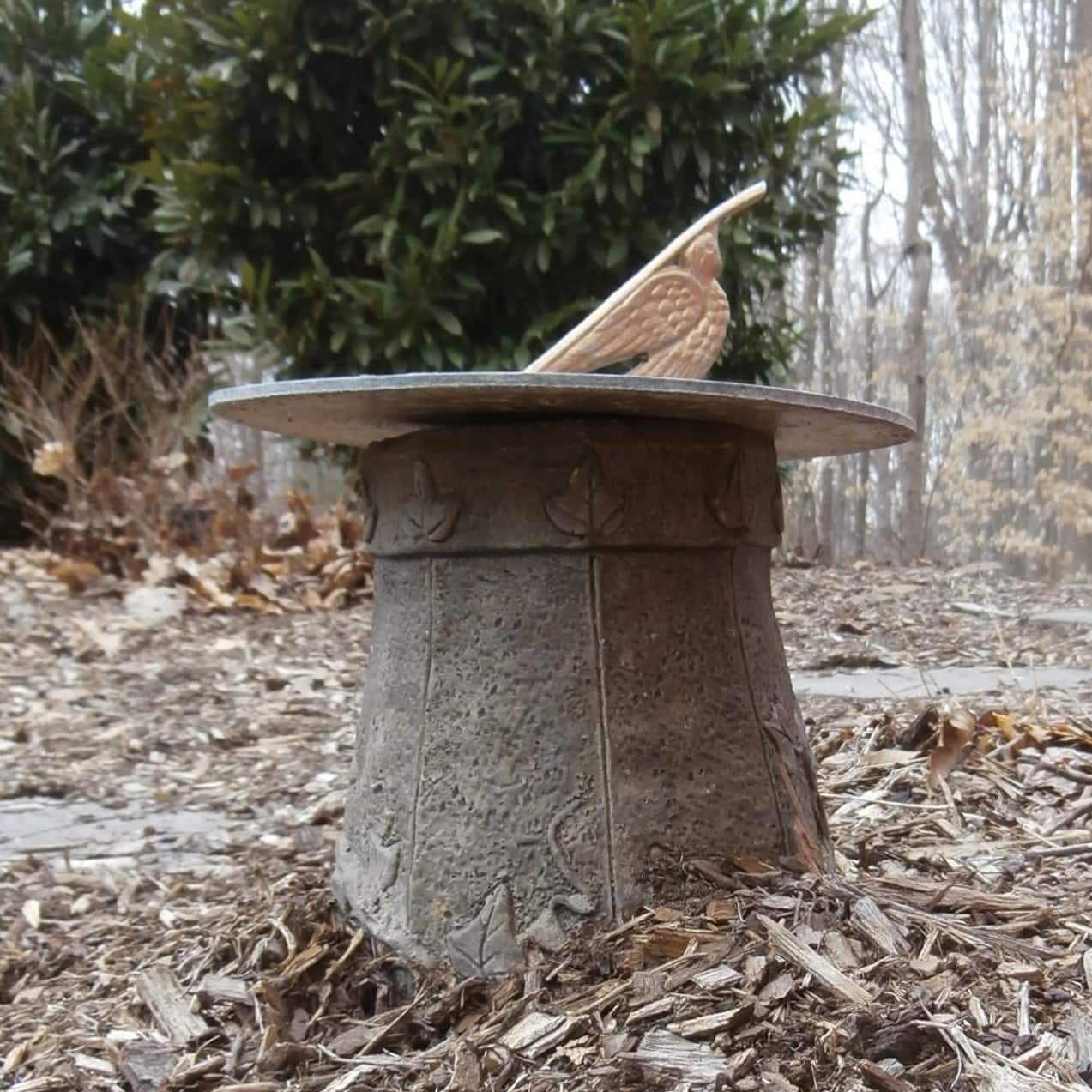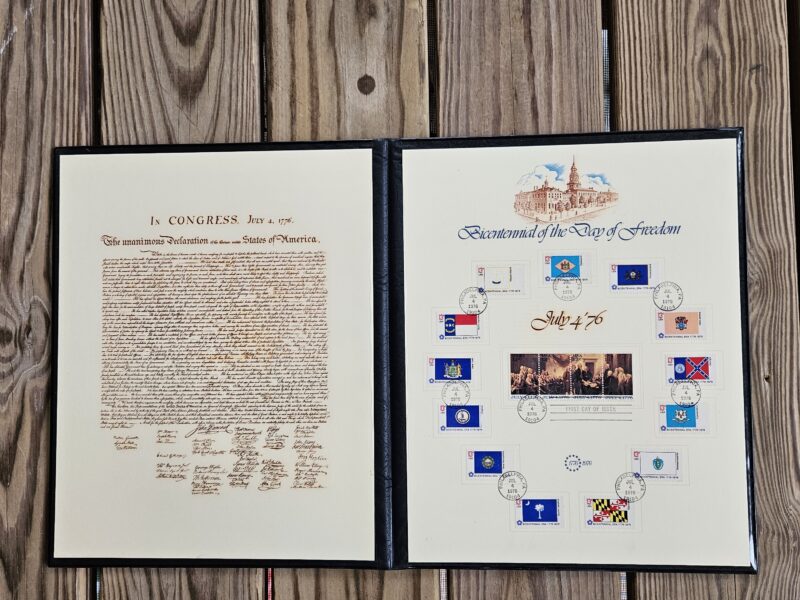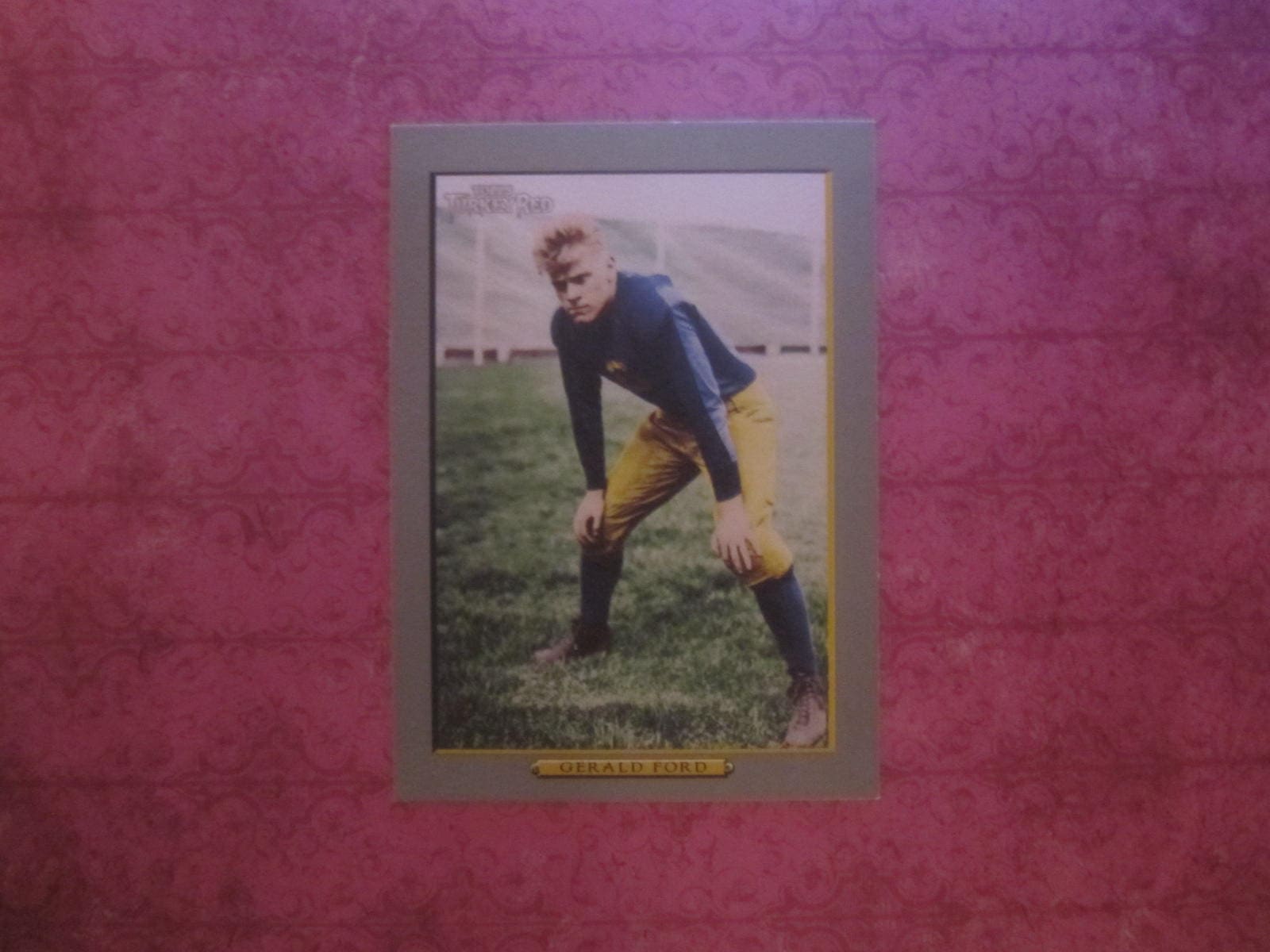The Pedestal
It’s a small town in southern Maryland. In fact, it was where I was born. I was about 10 years old. As you head south from Leonardtown, you drive over two pretty good size hills. I was looking out the back window of the car as we climbed to the top of the second hill. I could see the road all the way back to town. I was amazed with all the cars lined up as far back as I could see and they all had their lights on. It was my first experience with the pedestal.
She was a very special lady. When it came to shucking oysters or picking crabs, she could do it with the best of them, even the men. She also drove a school bus. But I remember her as my Grandmother. We had just finished her funeral service and we were headed to the graveside for a short service there. Then there would be a reception with lots of good country food, afterwards. But at that moment, I was peering out the back of the car and I was simply amazed that all these cars, as far as I could see, had come to see my Grandmother off.
It’s a little sad if you think about it: we rarely ever express the impact others have had on us. We line up to sign the guest book at their funeral or we turn our car’s headlights on as we head to the graveside. Sometimes we muster a laugh of a fond memory. Most of us, though, never find the moment to express our thankfulness for the company, friendship, or some little thing someone might have extended us.
The 1960s and the 1970s were a rough time in the United States. There were sit-ins, long haired hippies, and a general feeling of gloom. There were racial riots, Vietnam, and then came Watergate. We weren’t happy with our government. We weren’t happy with our neighbors. We weren’t even real happy with our “inner selves.” And we weren’t afraid to express it. Now our Vice President had resigned and our President was about to.
On October 10, 1973 Spiro Agnew resigned as Vice President. This was part of a plea deal in which he pleaded no contest to a tax evasion charge which stated he received $100,000 in bribes when he was Governor of Maryland. He was fined $10,000 and he was given three years of probation. He was also disbarred by Maryland.
In the first use of the 25th Amendment (Section 2) of the Constitution, unpopular President Richard Nixon was forced to find a candidate to replace Agnew. To find someone everyone liked, or at least he could get through Congress, seemed almost impossible. Then Jerry Ford’s name came up. Everyone seemed to be able to rally around this choice.
I think a lot of people get the pedestal and the podium mixed up. The pedestal is a place where someone, usually with two hands, gentle places something they treasure. This special place is a little unstable, so the object needs to be placed with the upmost caution. The podium, however, rests on a very stable platform and has lights and microphones to draw attention to it. It almost forces the crowd to be drawn toward it. The person behind the podium does not often fit very well on a pedestal. Maybe it is the big head, filled with self-proclaimed wisdom and self-filled motives, which makes it too unstable to rest on top of the pedestal.
They were nomads and they were uncle and nephew. Their families traveled together. Now their families were so large that they were clashing with each other over things like: where their cattle could graze and who could drink out of which well. One day they stood on top of a hill and looked out. They brought up the tough subject of the clashes and they both knew they needed to go in their separate directions. The uncle said to his nephew, “You pick.” “What?” came the nephew’s reply. “You pick which land you want. If you pick the right, I’ll go to the left. If you pick the left, I’ll go to the right,” said the uncle. The nephew probably looked at him like he was crazy. “I’ll take the right side (Duh!),” he said because it was so much more fertile.
This week I lost a very dear person. Granted, she meant more to me than I probably did to her, but she was one of those pedestal people. You know, one of those people that help you without even thinking about it. It was like second nature to her. Every once in a while you come across those people who seem to have a philosophy whose motto seems to be: “Yes, I have my own life, but that doesn’t mean I don’t have time for the issues you find important or need help with.” These types of people are very rare and she was one of them.
On September 8, 1974 President Gerald Ford did something that most people almost equated to treason. He pardoned former President Richard Nixon who had recently resigned. “There must have been a deal,” were the cries. “How could he not let us send him to jail?” were the shouts of some. We wanted Nixon to pay. Gerald Ford wanted the country to move on. Gerald Ford knew this move was probably the end of him politically. He barely lost to Jimmy Carter in the next election. I’m sure there were many voters who still felt betrayed by his pardon and they probably could have tilted the election in Ford’s direction. But Jerry Ford was more concerned about America than he was about Jerry Ford.
Abraham, in the Bible, took the less valuable land. He would also have to rescue his nephew, Lot, from Sodom, the land he chose, when that city was destroyed. Abraham let Lot make the better choice and Abraham was better for it.
Many, many years later, after Watergate and the Nixon resignation, Gerald Ford was finally placed on that pedestal where very few Presidents rest. He knew that America needed to put Watergate behind her, even if she didn’t know this. He really did love America more that he loved himself. Abraham, too, rest on a Biblical pedestal where very few could be placed. He could have chosen the better land, but his people ended up better off because of the choice he didn’t make.
Prayer: Father, Please be with my dear friend’s family and friends in her passing. Thank You for my friend, my Grandmother, Abraham, Gerald Ford, and people like them who touch so many by a kindness that rarely gets mentioned and is often overlooked. Amen.



